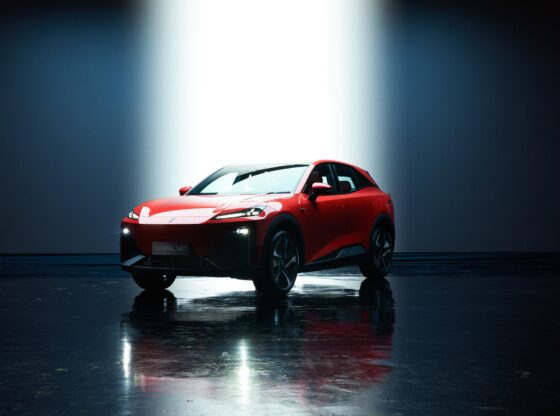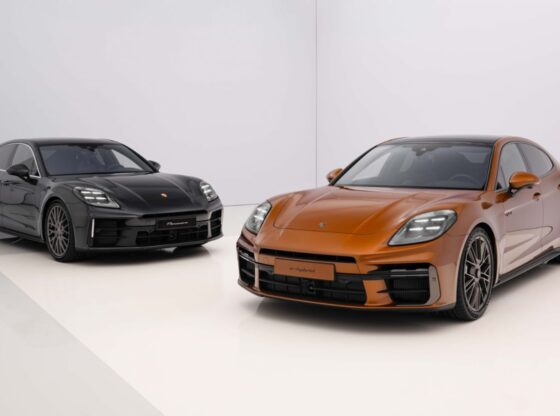![]()
ICE, in this instance, stands for internal combustion engines and their days are numbered … though quite when the end will come is another matter
This is the first issue of the new year, make that the decade. So, it seems an appropriate time to attempt a little crystal ball gazing.
Given REm is a lifestyle and property magazine I plan to concentrate on the latter with random observations on the former lobbed in and with strong leanings towards the environmental (green) aspects of the decade ahead of us.
Already the year has got off to a good start – in theory at least, greenwise – with major retailers in Thailand pledging to stop handing you all your purchases in plastic bags. How this will work out in practice remains to be seen, but full marks for a step in the right direction.
It occurred to me the other day as I stood buying a few essentials at The Chilled in Soi Khao Noi that, as a tourist, this absence of plastic bags might bring about a change in everyone’s luggage packing habits. In the future, will we have to take a grocery shopping bag or two with us when heading abroad to places where plastic bags have been banned? I think we will. No bad thing.
But let’s get back to this demise of the ICE car. It’s coming, but the timescale for Thailand moving over to all-electric vehicles (EVs) is unclear – to me, at least. The “case” EVs are fairly strong, given most right-thinking people are keen to reduce the CO2 being pumped out of vehicle exhausts. But not a lot is being said about the resources required to generate the electricity that will power these cars.
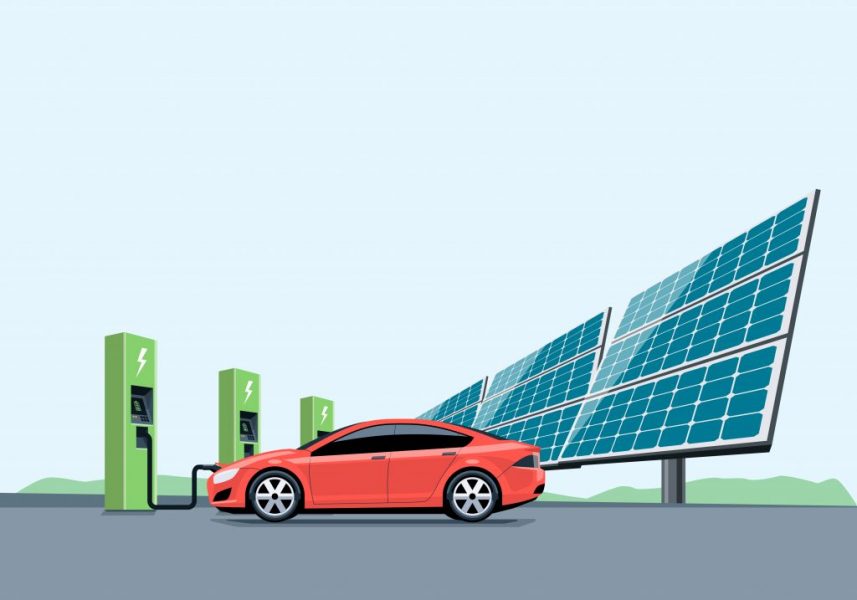
How green will they be?
Several things need to happen before Thailand can seriously consider an EV future. I’ll list some of them:
1 The price of electric vehicles needs to get a lot closer to those of a conventional ICE car. They are still too expensive to buy and everyone – not just Thais – hates paying any more than they have to;
2 The availability of chargepoints where motorists can top-up the battery must increase considerably. I have seen some in my travels over the past few days, but not a lot;
3 The quality of electricity supply needs to become more reliable. Imagine, a whole housing village where the electricity is knocked out and the EV drivers are all stuck. For this reason, I expect that hybrid cars – a mixture of conventional fuel and battery propulsion where it is easy to switch from one to the other – will attract much attention in the short term.
4 The houses and the condos of the future should be giving more attention to green matters. In the UK, garages in all new housing projects will have to include a chargepoint suitable for an electric car. Should Thailand follow suit? A rhetorical question.
We are seeing some evidence of this already in Thailand. The soon-to-launch 888 Villas Park luxury townhouses and condominium, for example, will be powered by solar panels.
To a degree, 888 is an exception to how projects are put together today. But, in time, this approach will become the rule. I can recall speaking to developers in the past who were reluctant to include solar panels in their plans in case their pricing (to recoup the money for the panels) would put them at a disadvantage against competitors. I’m not sure this sentiment has disappeared, but it is on the wane.
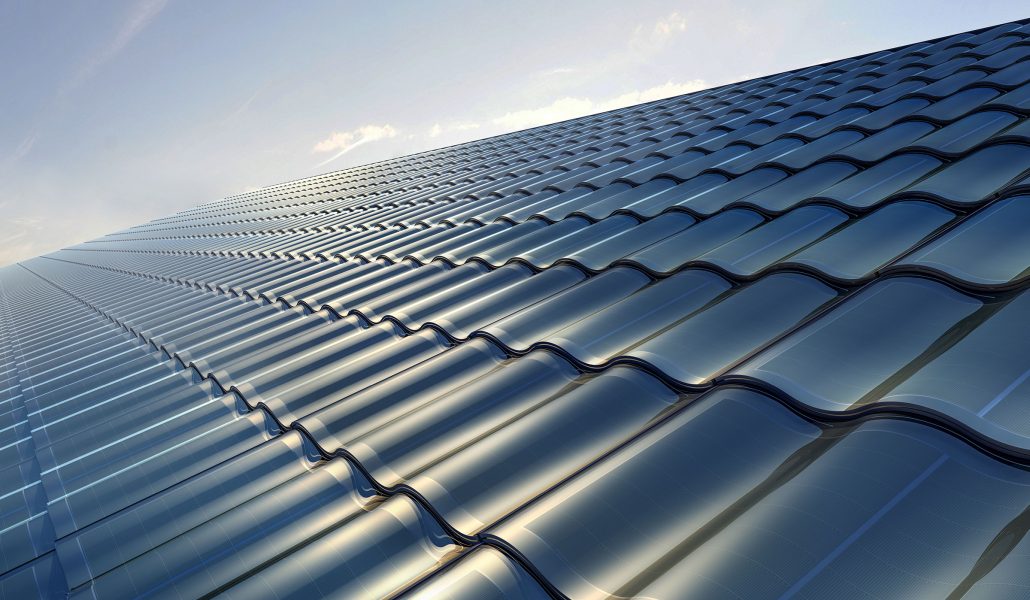
Like many changes in life, education is at the core of acceptance. When buying a property we have to start looking at the whole life cost implications. So, buying a property with solar panels may cost more initially. But, what about the savings on electricity while you live in it? The savings will be considerable over the years but, initially, you will pay more.
We live in an “I want it now and I want it cheap” society, but I am often reminded of something Nigel Cornick, the former chief of Ramon Land, said to me: “Remember, cheap no good, good no cheap.”
He must have said this a good decade ago, but the saying still holds true and probably always will.
So, on future plans for major condominiums will we see more changing points in the communal car parks or will individuals pay the (considerable?) extra to have their own parking space with a dedicated chargepoint?
Make no mistake, the use of electricity chargepoints is not without its flaws. In the UK, “road rage” is being joined by what is being termed “charge rage”. Unfair battery chargers are leaving their vehicles in charging spaces long after their vehicle is fully charged instead of vacating the spot – much to the annoyance of other drivers who can’t access the charging space. No instances, yet, of punches being thrown and ensuing court cases to the best of my knowledge, but I think it is a case of when not if.
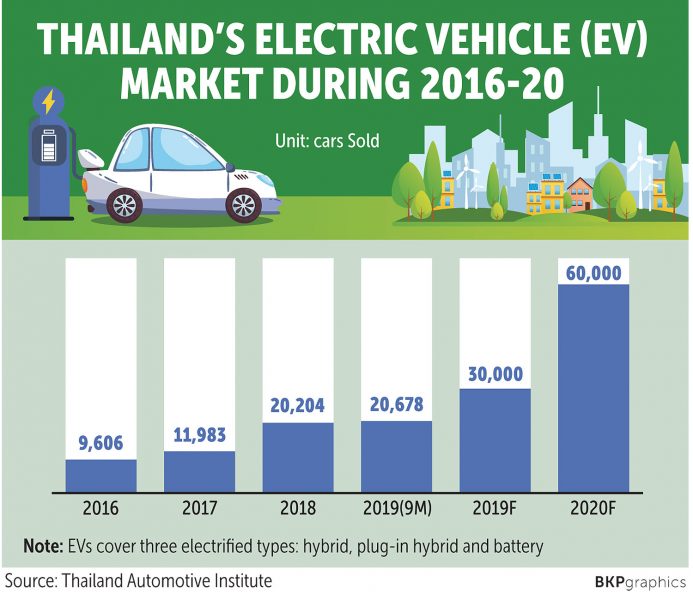
This means that who gets to use the changing points (and for how long) needs to be handled with care. I don’t feel this has to be the concern of the developer. For me, this is a job for the juristic body running the condo. Though more on this “juristic” thing shortly.
What other “green” measures can developers embrace? Well, already large numbers have adopted the recycling of rainwater to be used in non-drinking water areas of the home such as showers and toilets.
About five years ago, REm ran a series of articles on green issues by Elmar Klein, the head of the OIA (Office for Interior & Architecture company) based in Jomtien. At the time, many of the issues he covered were laudable but, privately, I thought they were unlikely to be instigated any time soon.
I’m not sure I feel the same way now.
He said then that much depended on the nature of the project and the goal of the investor(s), admitting: “Many developers with short-term goals are not interested in our sustainable design services”.
He said: “When you look at the lifecycle costs it is much easier to calculate that it might be better to spend a little more upfront to benefit later.”
The problem with the current Thai model, as it affects property development, is that, typically, the developers do not remain involved many years down the line and, instead, hand the project’s running over to the juristic body. This does, of course, mean that the promise of “jam tomorrow”, in other words, savings further down the line as the result of investing more up-front, do not hold much appeal to “build it, sell it, move on” developers.
I hope legislation is not required to oblige developers to include more green measures in their projects. Much better than the solar panels and charging points are included because … well, it’s the right thing to do.
And the people buying the properties – especially their children – will thank green-minded developers for investing a little more in improving everyone’s future.
By Dave Buckley




